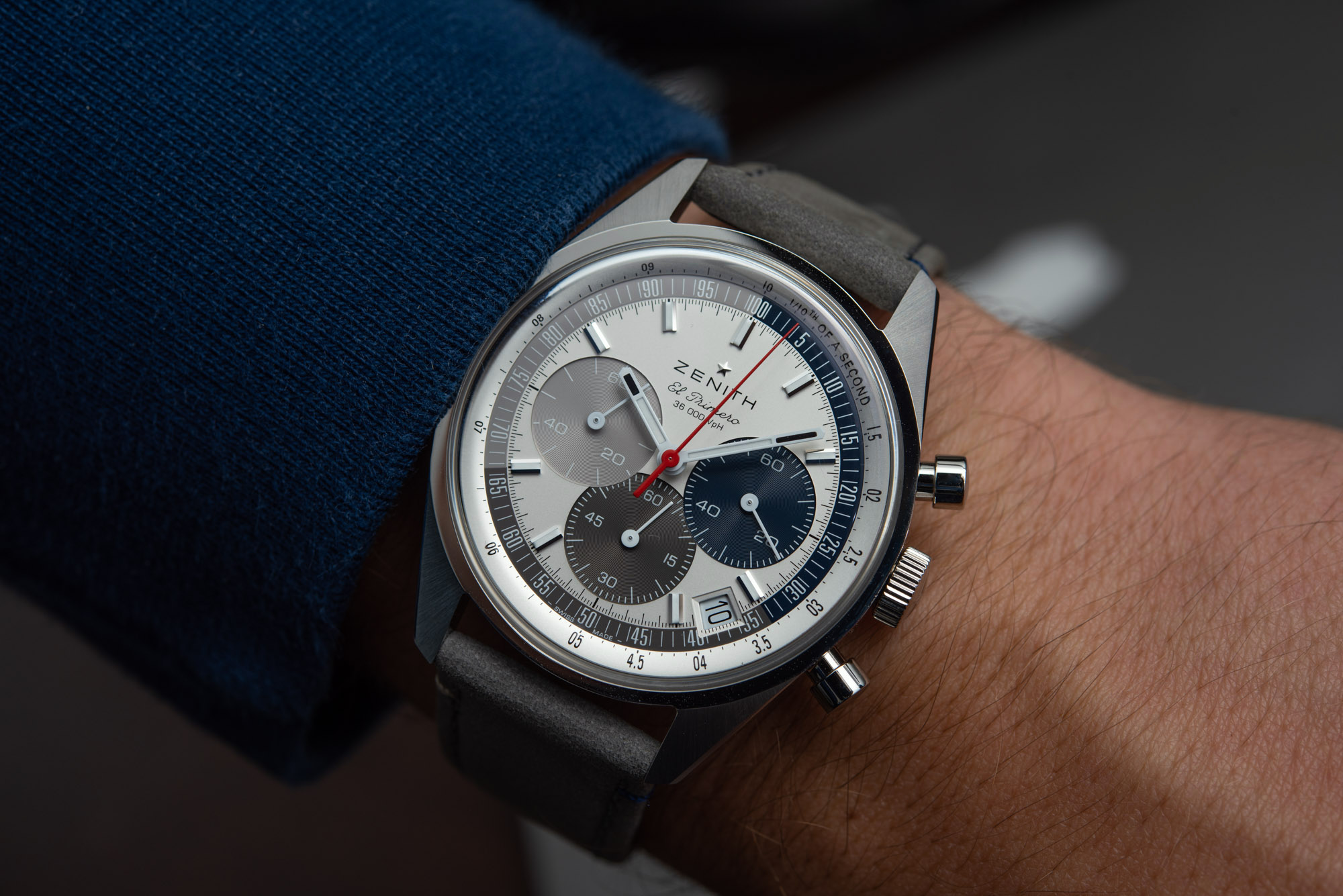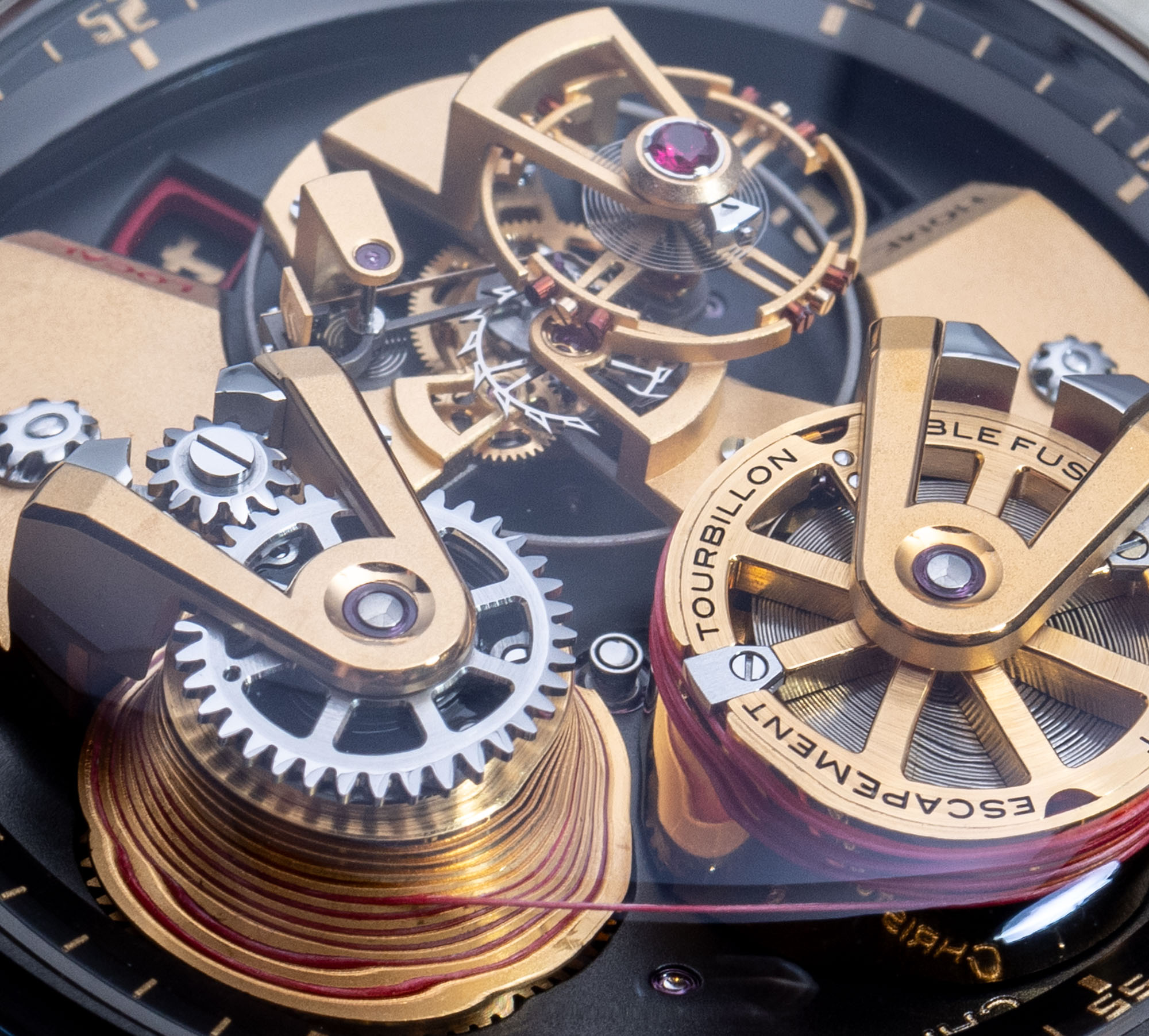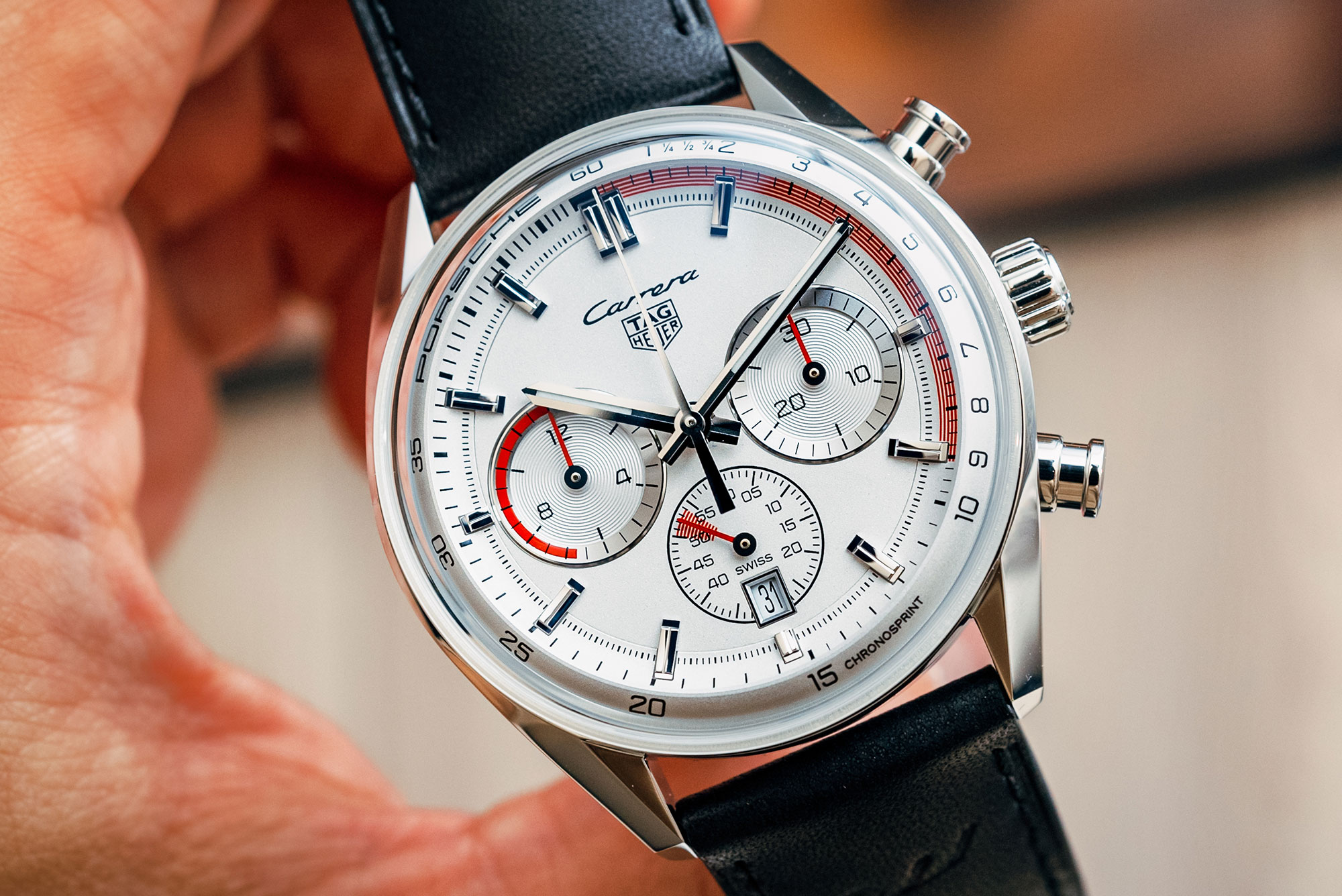 People in watch-brand marketing departments have it pretty tough, especially if they work at legacy brands that were founded before their birth. When these marketers try to imagine ways to make their brands look cool, they often plunge into a company’s archives, trying to figure out if it was ever cool, and why. This can be notoriously challenging given the paucity of actual documentation at many brands, even when it comes to the products they actually made. What research can often determine, however, is when a brand invented something new or did something first. Brands and the marketers that help promote them truly love it when they are first to market with something. It makes brands feel like they are winning a game and gives people in the marketing and sales department something to talk about. The wristwatch industry loves to discuss when someone does something first. We hear about it all the time, even if that “first thing” happened hundreds of years ago. The question is, do consumers care?
People in watch-brand marketing departments have it pretty tough, especially if they work at legacy brands that were founded before their birth. When these marketers try to imagine ways to make their brands look cool, they often plunge into a company’s archives, trying to figure out if it was ever cool, and why. This can be notoriously challenging given the paucity of actual documentation at many brands, even when it comes to the products they actually made. What research can often determine, however, is when a brand invented something new or did something first. Brands and the marketers that help promote them truly love it when they are first to market with something. It makes brands feel like they are winning a game and gives people in the marketing and sales department something to talk about. The wristwatch industry loves to discuss when someone does something first. We hear about it all the time, even if that “first thing” happened hundreds of years ago. The question is, do consumers care?
Do people buy products primarily because that product is the first of its kind? Are enthusiasts more inclined to take an interest in a company’s products today because a version of that company did something for the first time in the past? It might seem that way when a company is the only one to offer a particular type of product or technology. However, such an illusion is quickly dispelled when consumers flock to a competitor who offers something similar to a once-exclusive product, for a lower price. None of this is to diminish the importance of trying new things and innovating. Innovation and certain risk-taking are fundamentally positive behaviors that we want to encourage as much as possible in the watch industry. I would argue that the effort to innovate alone is not enough. Merely doing something for the first time does not make it wise; it just means you answered a question no one has asked yet. What is more impressive is solving old problems in a new way, or creating something beautiful that has not existed before. To do that, brands need to take risks and be the first to do things.

Once the novelty of something new has worn off, consumers expect brands to put in effort again to further innovate and wow. In many instances, such an attitude towards the need for ongoing innovation and development separates the great watch brands from the mediocre ones. Brands that wait around for business problems before considering new things to sell are rarely those lauded by collectors and enthusiasts. Companies with a serious drive to keep solving more problems and creating more useful tools naturally create strong fan bases. Indeed, they end up doing many things first, but rarely are those efforts merely in the name of being first at something. Truly innovative companies also typically lack a marketing mantra that keeps reminding people about their history of accomplishments. Innovation companies are never satisfied with where they are because they are thinking about what to do next. It’s the “first-to-market” spirit that consumers respect, not necessarily simply reminding buyers that a few times in the past a brand happened to try something new.
I think there is a real distinction between brands that market their history of innovation and brands that simply believe that saying “We did this first!” One of the least respectable ways (in my opinion) of brazenly celebrating an archaic achievement that has little modern consumer relevance is to celebrate the anniversary of when a watch brand first did something. Especially when that anniversary is more than a lifetime ago. I’m generally of the opinion that the watch industry lazily leans into anniversaries as the justification to ask people to spend money with them – but some celebrations are clearly more dubious than others.

Consumers who like watches are generally less interested in which brands did something first as opposed to which brands do things best or most affordably. New technology and materials typically begin at one company but if they are successful market forces implement those novel features in products across the board. This has led to an almost industry-wide incremental improvement culture that has gone on for generations. Consider the mass adoption of technologies such as sapphire crystals, ceramic bezels, silicon movement parts, stainless steel cases, luminous paint, and many more… Each of these started at just one or a small number of companies and then were quickly adopted by more companies because of the inherent wisdom of their usage. Consumers care more that the technology exists than who originated it. Give people the technology they want at a more affordable price or with improved performance and buyers will follow the practicality without any loyalty to the inventor. That’s just human nature.

Watch brand marketers have a duty to create stories and visuals that help define the personality and purpose of their companies. Part of doing that is recognizing when their brand took the effort and risk to invent something new. That knowledge is mostly valuable to people who work at or with the brand and need to communicate it to the outside world. The general public, however, tends to care far less about technology competition between industry rivals and is more interested in getting good features as easily and cheaply as possible. That’s why luxury watchmakers tend to lose buyer interest and attention when much of their marketing appears to be self-congratulatory pats on the back. This conduct is made more egregious when people today are congratulating achievements made long before anyone working there was alive. That’s like celebrating the birthday of a dead person… Oh, wait, the watch industry does that all the time.
The people who run watch brands are mostly concerned with consumers forming the desire to purchase their watches today. If the accolades they are celebrating happened yesterday or apply to products the brand doesn’t currently sell, how are consumers supposed to attach importance to the information being presented to them? Watch brands should spend less time reminding people they once took chances and instead demonstrate how they are still taking chances. Forget announcing that you were the first to do something. Simply talk about how your company approaches problem-solving differently from the competition. The companies who make desirable watches should always be thinking about being the first to do something, but should also never waste people’s time by asking consumers to thank them for it. Innovation should be its own reward.

